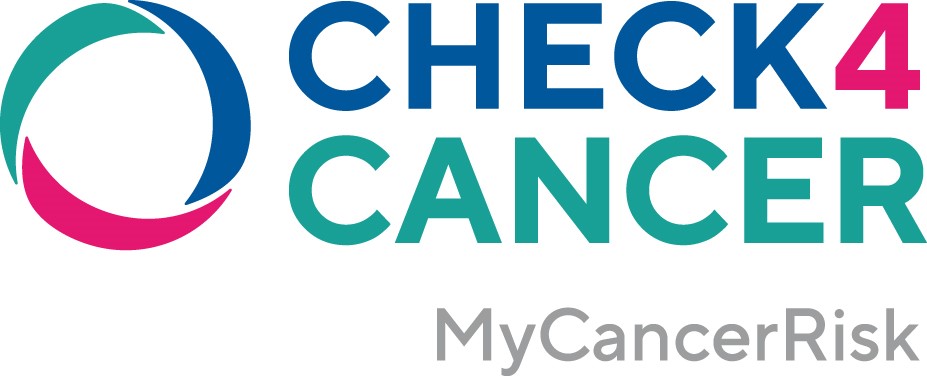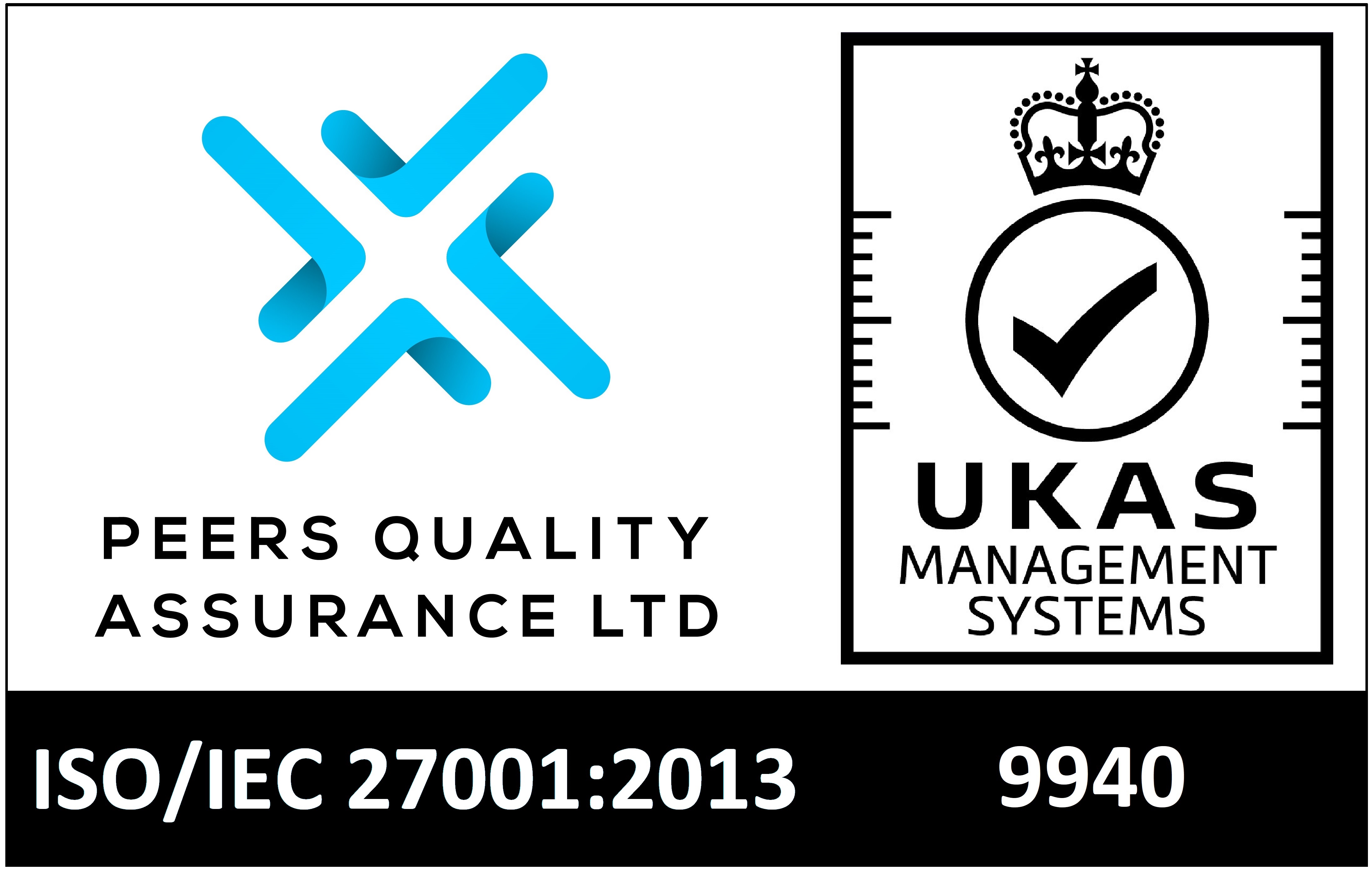Who is at risk of Lung Cancer?
Around 72% of lung cancer deaths in the UK are caused by tobacco smoking. Overall tobacco smoking is estimated to be responsible for more than 21% of cancer deaths in the UK.
Smoking is not the only cause and the key lung cancer risks include:
Family History
A family history of lung cancer in a first-degree relative (parent/sibling/child) is associated with a two-fold increased risk, independent of smoking. Lung cancer is more common in White than in Black or Asian people.
Lifestyle Factors
There are no lifestyle factors that are strongly associated with lung cancer other than smoking.
Exposure to the following:
- Radon gas, a naturally occurring radioactive gas and other types of ionising radiation
- Several industrial carcinogens, for example, arsenic and polycyclic hydrocarbons as well as some occupations including non-ferrous metal production and painting
- Air pollution
What should you look out for? What are the symptoms?
Sadly the majority of people have no symptoms in the early stages of lung cancer. Any symptoms will vary depending on how far advanced the cancer is and its position within the chest.
The main symptoms include:
- Appetite loss
- Fatigue
- Weight loss
- A persistent cough or a change in a long-standing cough
- Breathlessness or shortness of breath
- Coughing up blood (phlegm with blood in it)
- Aches or pains when breathing or coughing
- Persistent chest infections that don’t respond
to medical treatment

The following symptoms are less common and are usually associated with the more advanced stages of lung cancer. They include:
- Difficulty when swallowing
- A hoarse voice
- Finger clubbing – changes to the shape of the fingers and fingernails
- Swelling of the face and neck which may be due to obstruction of the venous drainage
- Persistent pain in the chest and/or shoulder
How to reduce your risk
Two changes to your lifestyle can significantly reduce your risk of lung cancer including:
- Stopping smoking – find out more about starting a smoking cessation programme with the NHS by clicking here
- If you are a smoker and/or have a close family of lung cancer, consider lung cancer screening from age 50+

Why should I get tested?
As with all cancers, survival rates for lung cancer depend on the stage at which the disease is detected, as well as other general factors such as health and gender.
Non-small cell lung cancer is the most common type of lung cancer with approximately 88% of all cases having this type.
Small cell lung cancer is fast growing and the most aggressive type of lung cancer that occurs more frequently in men than women. It accounts for approximately 12% of all lung cancers and, in the majority of cases, is the result of smoking. It is quite rare to see patients with small cell lung cancer who have never smoked. The most common forms of ‘small cell lung cancer’ treatments are chemotherapy and radiotherapy and, if the disease is in the early stages, there is a potential for cure.
Adenocarcinoma is a non-small cell lung cancer that is more commonly found in women and non-smokers, and it is the most common type of lung cancer for people under 45. Unfortunately, the incidence of adenocarcinoma of the lung is on the increase in the UK and it is now one of the most common types of lung cancer.
Adenocarcinoma accounts for approximately 50% of all non-small cell lung cancers and begins in the outer sections of the lung (although it can occur as central lesions) which can make it difficult to detect in the early stages of the disease. It develops from lung cells that produce mucus and, unlike many other types of lung cancer, it is more likely to remain in one area giving better opportunities for treatment.
Early detection is vital in the treatment options and survival rates of people with lung cancer.
How can I get tested? What are the tests available and how does it work?
Our service is a quick and easy way to detect lung cancer in the early stages and will also assess your risk of developing the disease.
If you are worried about non-small cell lung cancer or any other type of lung cancer and think you may have symptoms or be at risk, please contact Check4Cancer to arrange a LungCheck.
Check4Cancer’s LungCheck will report on your blood sample, which tests for seven antibodies to lung cancer and provide you with a personalised screening programme.
Find out more
- World Cancer Day - The importance of screening & reducing your risk
- Reduce your cancer risk with lifestyle changes that you can make today
- Professor Sam Janes answers some of the most pressing questions around lung cancer in our 'Ask the Expert' blog
- Male Cancer Awareness - find out about the three cancers for which men are most at risk and how you can reduce your risk





